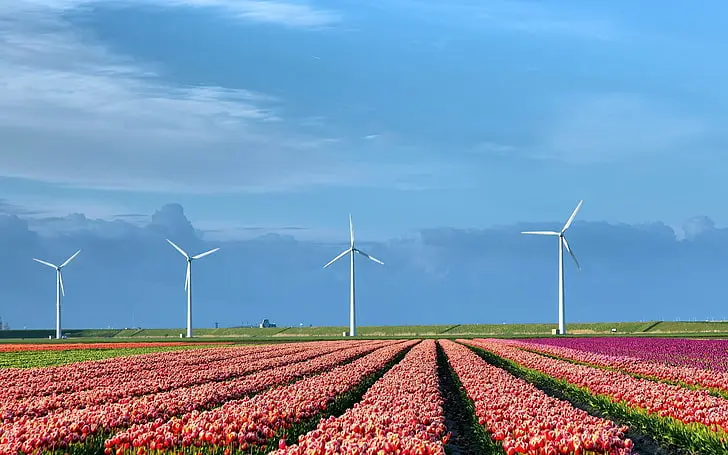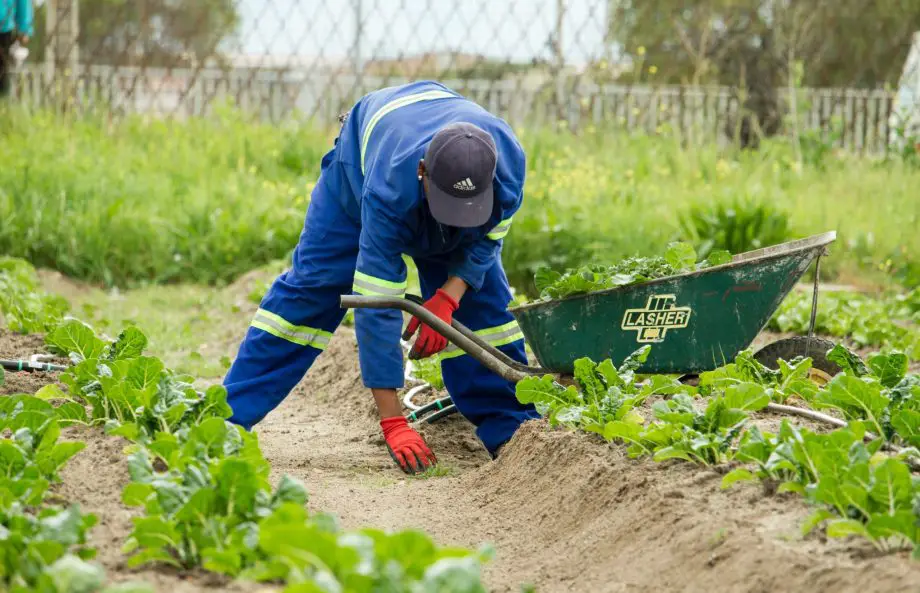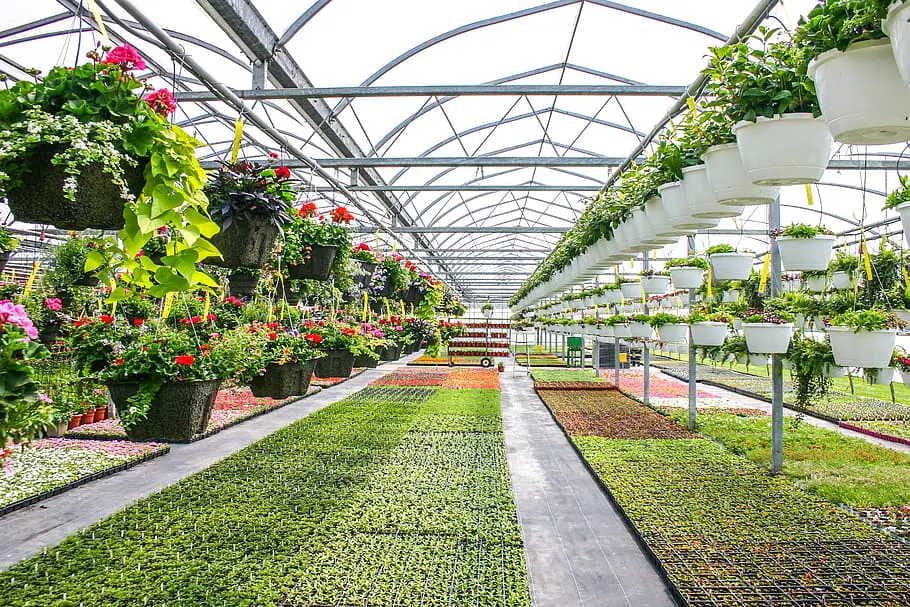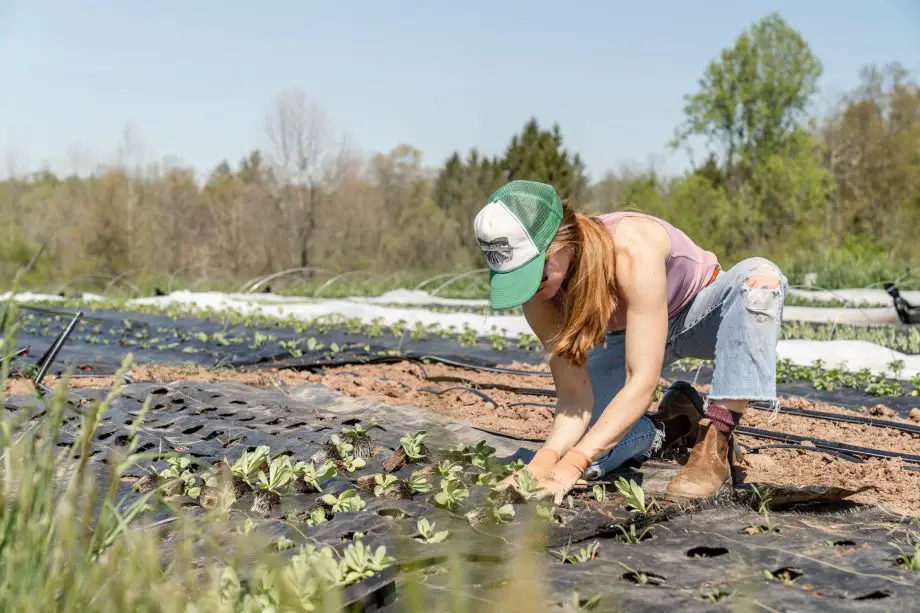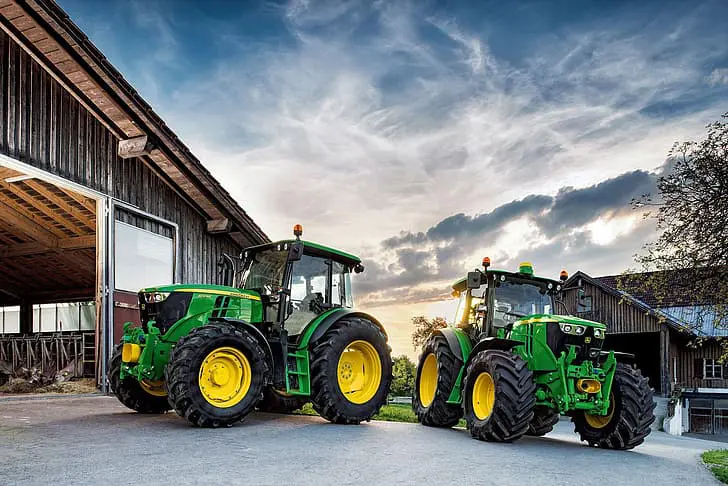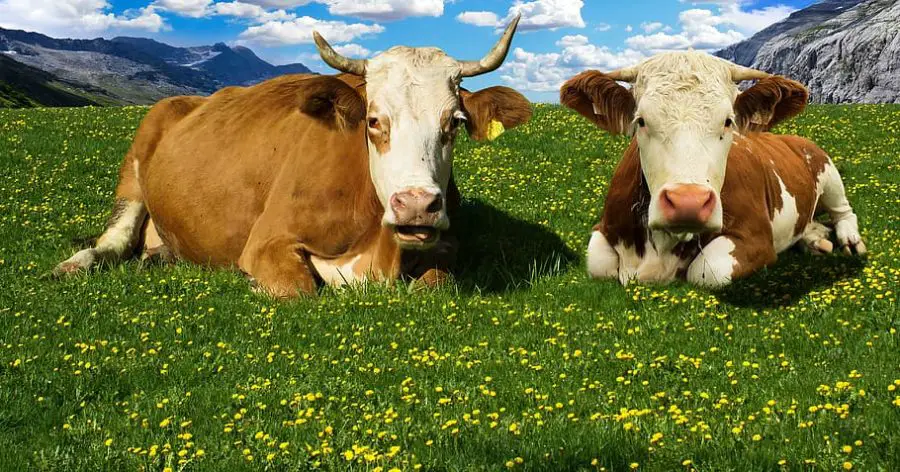
Discover the benefits of ethical livestock practices and how they’re a win-win for everyone involved. From happier animals to a healthier planet, find out why it’s the way to go.
So, you’ve probably heard the phrase “You are what you eat,” right? Well, it turns out that saying isn’t just about us humans; it applies to the animals we consume, too.
That’s why we’re diving into the benefits of ethical livestock practices today.
This isn’t just about treating animals well, although that’s a huge part of it. It’s also about the ripple effect these practices have on the environment, on public health, and even on your wallet.
Intrigued? Let’s dig in and explore why ethical livestock farming is something we should all be clued in about.
The Benefits of Ethical Livestock Practices
The benefits of ethical livestock practices are multifaceted. They improve animal welfare by ensuring better living conditions and ethical treatment. Environmentally, they help reduce deforestation and carbon emissions. Economically, they can offer farmers premium prices and long-term sustainability. Additionally, these practices lower the risk of antibiotic resistance and zoonotic diseases, contributing to public health.
Ever wondered how the steak on your plate or the milk in your fridge came to be?
Today, we’re talking about the benefits of ethical livestock practices and trust me, it’s a topic you’ll want to chew on.
We’re going to cover everything from the straight-up feel-good aspect of knowing animals are treated well, to the environmental impact and even how this all loops back to benefiting you and your community.
Let’s Introduce the Topic of Ethical Livestock Practices
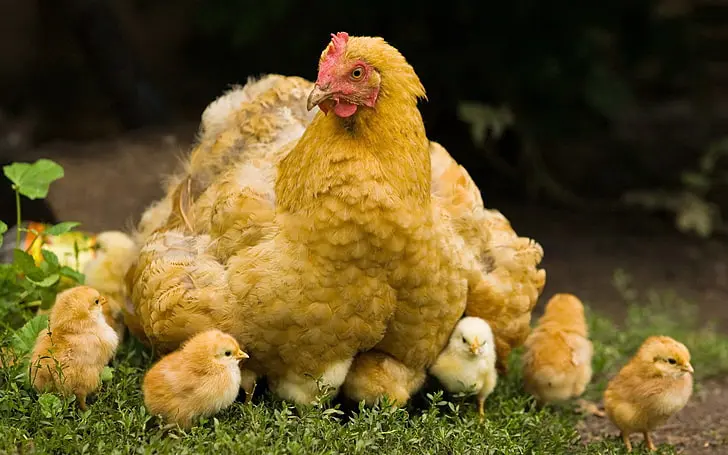
Alright, let’s set the scene. Ethical livestock practices are like the VIP backstage pass for farm animals.
We’re talking more room to roam, better quality food, and an overall life that’s as stress-free as possible.
It’s essentially a holistic approach to farming that prioritizes the well-being of the animals, as well as the planet.
Imagine a farm where both the animals and the land are treated with respect, kind of like how you’d want to be treated if you were them.
State the Importance of Considering Ethics in Livestock Farming
You might be asking, “Why does this even matter?”
Well, the way animals are treated doesn’t just affect them; it’s got this ripple effect that touches everything, from the quality of the food produced to the state of the environment.
Think of it as your local community; if everyone’s doing well, the whole place just feels better, right?
So, by treating animals ethically, we’re setting off a chain reaction of goodness that benefits us all in the long run.
That We’ll Cover in the Blog Post
Okay, so now that we’ve set the table, let’s talk about what’s on the menu for this post. We’re going to dive into:
The nitty-gritty of what ethical livestock practices actually involve.
How this impacts animal welfare (Spoiler: It’s good news for our four-legged friends).
The environmental upsides, because who doesn’t want to leave the earth a bit better than we found it?
Economic benefits, for all you number-crunchers out there.
And last but not least, how all of this circles back to benefit our own health.
So, if you’re intrigued, keep reading. We’re about to take a deep dive into the world of ethical livestock practices and trust me, it’s a journey worth taking.
Why Ethics Matter in Livestock Farming
Alright, folks, let’s get into the meat of the matter and why ethics are the cornerstone of livestock farming.
I know, “ethics” might sound like a word you’d hear in a philosophy class, not necessarily on a farm.
But here’s the thing: how we treat the animals we raise for food sets the stage for a whole lot of other aspects of our lives.
We’re talking public health, environmental sustainability, and even your wallet’s well-being.
Ready to find out why your grandma’s advice to “treat others how you want to be treated” isn’t just good karma, but also makes a world of sense in livestock farming? Let’s get into it!
Human Responsibility Towards Animals
So, first up, let’s talk about our responsibility towards these animals.
These aren’t just numbers in a spreadsheet; they’re living beings with needs and feelings.
Just as you wouldn’t like to be cooped up in a tiny, dark room, neither do they.
Ensuring they get proper care, nutrition, and living conditions isn’t just the humane thing to do.
It’s a responsibility we take on when we choose to raise animals for food.
It’s kind of like being a pet owner but on a larger scale. You wouldn’t neglect your dog, so why would you neglect a cow or a chicken?
The Link Between Ethical Practices and Public Health
Now, let’s pivot a bit and chat about how all of this affects us, specifically our health.
Did you know that ethical livestock practices could be a game-changer in public health?
For instance, when animals are healthy and stress-free, they’re less likely to carry diseases that can spread to humans.
Think of it this way: It’s like the difference between eating at a restaurant with a top-notch health grade versus a place with sketchy food safety.
The first option is way less likely to give you food poisoning, right?
Ethical livestock practices are essentially that top-notch health grade, but for your meat and dairy.
Connection to Sustainability and Environmental Issues
Last but not least, let’s talk about Mother Earth. She gives us so much, and ethical livestock farming is one way to give a little back.
When done right, these practices use less water, generate less waste, and lead to fewer greenhouse gas emissions.
It’s akin to switching from a gas-guzzler to an electric car; both will get you from Point A to Point B, but one is far less taxing on the planet.
Plus, sustainable farming methods can even improve the soil and promote biodiversity.
So, in a way, ethical livestock farming is our way of saying “thank you” to the earth for all it provides us.
What Constitutes Ethical Livestock Practices
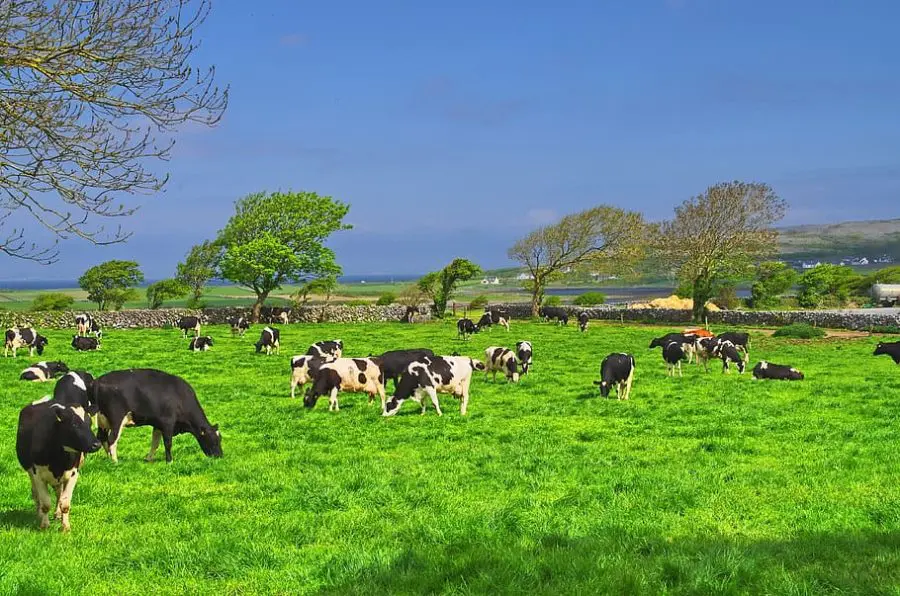
So, we’ve chatted about why ethical livestock practices are a big deal, but what does “ethical” really mean in this context?
I mean, it’s not like the animals are taking spa days, right? Well, as much as we’d all love to imagine cows getting facials, the reality is a bit more practical but equally important.
We’re talking about everything from the kind of food they eat to the space they have to roam and yeah, the stuff that makes a difference in their day-to-day lives.
Ready to peel back the curtain and see what ethical livestock farming actually involves? Let’s dig in!
Proper Animal Husbandry: Living Conditions, Feed, Etc.
Alright, let’s kick things off with what goes into proper animal husbandry, which is pretty much the bread and butter of ethical livestock practices.
You know how you’d prefer a comfy, spacious home over a cramped apartment, right? Well, animals are no different.
They need enough space to move around and socialize, and that’s just for starters.
Nutrition is another biggie. It’s not just about throwing some generic feed their way. It’s about offering a balanced diet that meets their specific needs.
Think of it like you choose to eat fresh fruits and veggies instead of scarfing down fast food every day.
It not only makes the animals healthier but also contributes to better-quality meat and dairy.
Ethical Slaughtering Practices
Okay, this part might be a bit uncomfortable, but it’s crucial.
Ethical slaughtering practices are about making the process as stress-free and humane as possible for the animals.
And this isn’t just for their benefit; it impacts the quality of the meat as well.
Stress hormones can affect the taste and texture, making it less enjoyable for consumers.
So, proper slaughtering practices are a win-win for everyone involved.
It’s akin to the difference between a medical procedure done under proper anesthesia versus one done without and you’d definitely prefer the first option, and so would the animals.
So, there you have it. Proper animal husbandry and ethical slaughtering practices are more than just feel-good terms.
They’re the nuts and bolts that make ethical livestock farming not only possible but beneficial for everyone involved.
Eco-friendly waste management
Ah, waste management it’s important to any operation, whether you’re running a household or a farm.
Now, I know it might not be the sexiest topic to talk about, but handling waste in an eco-friendly manner is actually a cornerstone of ethical livestock practices.
Trust me, it’s way cooler than it sounds. We’re talking about taking something most people just want to get rid of and turning it into a resource.
Yeah, you heard that right a resource. Interested to know how managing poop can be beneficial for the planet? Let’s dive in!
The Impact on Animal Welfare
Let’s start with how waste management actually affects the animals themselves.
Believe it or not, a well-managed waste system can make a world of difference for their well-being.
Picture the scenario: You’re living in a space that’s dirty and, well, kind of smelly. Not the best, right?
The same goes for animals. Proper waste management means a cleaner, healthier environment for them to live in.
Just like you’d feel better in a clean room, so do the animals.
Reduced Stress and Better Health for Animals
Now, you might not realize it, but animals can totally feel stress, too.
Living in a dirty environment is not only unpleasant but also stressful for them.
Plus, stress isn’t exactly a friend to anyone’s immune system. By managing waste effectively, we’re contributing to a stress-free zone that can actually make animals healthier in the long run.
It’s like the equivalent of tidying up your living space to feel more at peace and less cluttered mentally.
Comparison to Conventional Methods
Okay, let’s bring this home by comparing eco-friendly waste management to more conventional methods.
Traditional waste management in livestock farming can sometimes be a bit like living in a cramped city apartment that’s never cleaned.
But with ethical practices, it’s like the animals get to upgrade to a spacious countryside home.
Instead of waste piling up, getting into waterways, or emitting harmful gases, it gets properly managed, reused, or even turned into compost.
So we’re not only reducing harm but actively doing good. It’s like taking recycling to the next level but for a farm.
So there you have it. Waste management isn’t just about cleaning up; it’s about creating a better living environment for animals, which has a trickle-down effect that benefits us all.
The Environmental Advantages
Ready to keep this eco-friendly train rolling? Next up, we’re diving into the environmental advantages of ethical livestock practices.
Yep, treating animals well is just one piece of the puzzle and the planet also gets a big high-five in the process.
From slashing greenhouse gas emissions to giving Mother Earth a much-needed break, ethical livestock farming is more than just a buzzword, it’s a win for the environment too.
Eager to see how this can actually make a dent in those big, scary climate change stats? Let’s get to it!
Reduced Carbon Footprint and Less Deforestation
First off, let’s chat about the planet’s carbon diet. Ethical livestock practices can really trim down that carbon footprint.
How? Well, for starters, sustainable farming usually means fewer synthetic fertilizers and less reliance on fossil fuels.
Plus, there’s often a focus on rotational grazing, which helps keep the soil healthy and better at capturing carbon.
Imagine you had the option to drive a car that was way better on gas mileage and emissions. You’d pick it in a heartbeat, right?
The same goes for ethical farming. It’s the cleaner-burning vehicle of the livestock world.
And let’s not forget less deforestation; keeping the trees standing is a win for everyone involved.
Waste Management Systems That Benefit Rather Than Harm Ecosystems
Remember how we talked about eco-friendly waste management? Well, it’s a double win because it’s also a boon for the environment.
It’s not just about “dealing with the mess,” it’s about turning that so-called mess into a resource.
Think composting on steroids! This kind of waste management can enrich the soil and even contribute to local ecosystems rather than harming them.
It’s as if your garbage could be turned into gold, or at least into really good fertilizer.
It’s Like Swapping Out Plastic Bags for Reusable Totes but on a Larger Scale
Now, I bet many of you have swapped out single-use plastic bags for those trendy reusable totes when grocery shopping.
Well, think of ethical livestock practices in a similar light, but on a much grander scale.
It’s about making choices that are sustainable long-term, not just for a single shopping trip.
By doing so, we’re moving from one-off solutions to permanent changes that help the planet.
It’s not just a small fix; it’s a lifestyle change—for us and for our farming practices.
So, when you look at ethical livestock farming, it’s not just good vibes and a happier life for the animals.
It’s a whole range of benefits that give our planet a much-needed breather.
The Economic Benefits
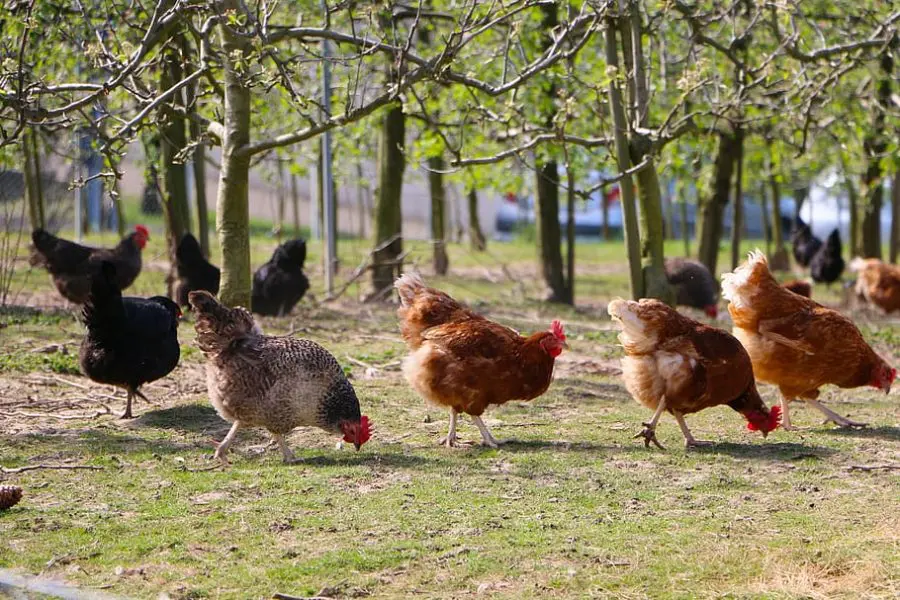
Who says you can’t mix business with sustainability? Now we’re diving into the economic perks of ethical livestock practices.
If you’re thinking that “ethical” and “profitable” are two terms that can’t sit at the same table, you’re in for a surprise.
Not only can treating animals well pad your ethical resume, but it can also be a real moneymaker.
From fetching higher market prices to potential long-term cost savings, the financial benefits are something you’ll want to hear about.
Ready to see how ethics can make cents (and dollars)? Let’s dive in!
Premium Prices for Ethically-Raised Products
You ever notice how organic, free-range eggs cost a bit more than the standard variety?
Well, that price bump isn’t just for show. Consumers are increasingly willing to pay more for products they know are ethically sourced or raised.
It’s like opting for a designer brand over a generic one and people value quality and are willing to pay a premium for it.
So, if you’re in the livestock business and you switch to ethical practices, you’re likely to find a market willing to pay those higher prices, making it a win-win for your conscience and your wallet.
Lower Costs in the Long Run Due to Reduced Need for Antibiotics and Other Medical Interventions
Let’s talk about antibiotics and medical costs. When animals are stressed or living in less-than-stellar conditions, they’re more prone to illness, which means more trips to the “animal doctor” and a bigger pharmacy bill.
But, take care of them properly from the get-go, and you’re looking at a healthier herd that needs fewer medical interventions.
It’s sort of like investing in a really good pair of running shoes to avoid future foot problems—spend a little more now to save a lot more down the line.
Economic Diversification Through Eco-Tourism or Educational Farming Experiences
And then there’s this cool avenue that many folks don’t even consider: eco-tourism and educational experiences.
People love to learn, and they’re increasingly interested in where their food comes from.
By running an ethical livestock farm, you can open up new streams of income through tours, workshops, or even farm-stay experiences.
Think of it like those winery tours but for ethical farming. You’re not just selling products; you’re selling an experience and an education.
So, going ethical isn’t just for the do-gooders among us. There’s a compelling economic case to be made for treating animals well, one that could boost your bottom line while making a positive impact on the world. Pretty neat, huh?
Benefits to Public Health
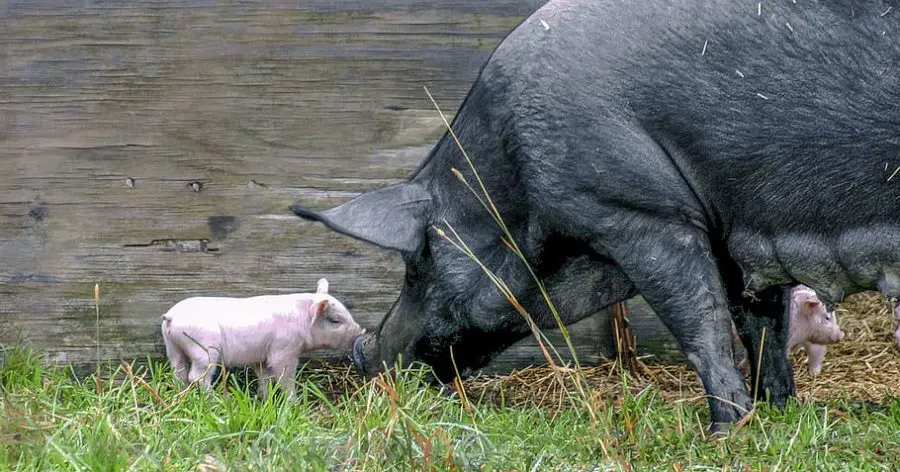
Public health is the buzzword that’s been on everyone’s lips these days, and for good reason!
But did you know that ethical livestock practices can actually give public health a boost? Yeah, you read that right.
From cleaner food products to the reduction of antibiotic-resistant bacteria, making the shift to ethical livestock farming can benefit more than just the farmer and the animal.
It can be a public health game-changer. Curious to find out how? Well, stick around, because we’re about to unpack all the nitty-gritty details.
Lower Risk of Antibiotic Resistance
First up, let’s tackle antibiotic resistance, a phrase that sounds like something out of a medical drama but is a very real concern.
When livestock are pumped full of antibiotics to keep them “healthy” in less-than-ideal conditions, those antibiotics can end up in our food supply.
And you know what that means? Bacteria get a free training session to build up resistance.
By switching to ethical livestock practices, we can cut down on the need for these antibiotics, helping to slow the rise of antibiotic-resistant bacteria.
It’s a bit like not overusing hand sanitizer so it actually works when you need it to.
Reduced Incidence of Zoonotic Diseases
Next, let’s talk about zoonotic diseases they are those pesky illnesses that can jump from animals to humans.
Ethical practices usually mean healthier, less-stressed animals, which in turn lowers the risk of disease transmission.
So, by keeping our animal pals healthy, we’re kind of putting up a barrier against these diseases. Think of it as a firewall but for health.
Imagine Cutting Down on Your Visits to the Doctor, Much Like Reducing Car Repairs by Investing in a Well-Maintained Vehicle
Finally, consider this: adopting ethical livestock practices could be like investing in a car that you actually take the time to maintain.
You wouldn’t ignore strange noises in your car and skip oil changes, right?
Because you know that would just lead to bigger problems and more frequent trips to the mechanic.
Well, ethical livestock farming is the well-maintained vehicle of the food world.
By investing in good practices now, we’re likely to face fewer health issues down the line, meaning fewer trips to the doctor and a healthier community overall.
So, there you have it. Ethical livestock practices are a bit of a public health superhero, fighting off antibiotic resistance and zoonotic diseases while keeping us all a bit healthier. And who doesn’t want that?
Consumer Awareness and Responsibility
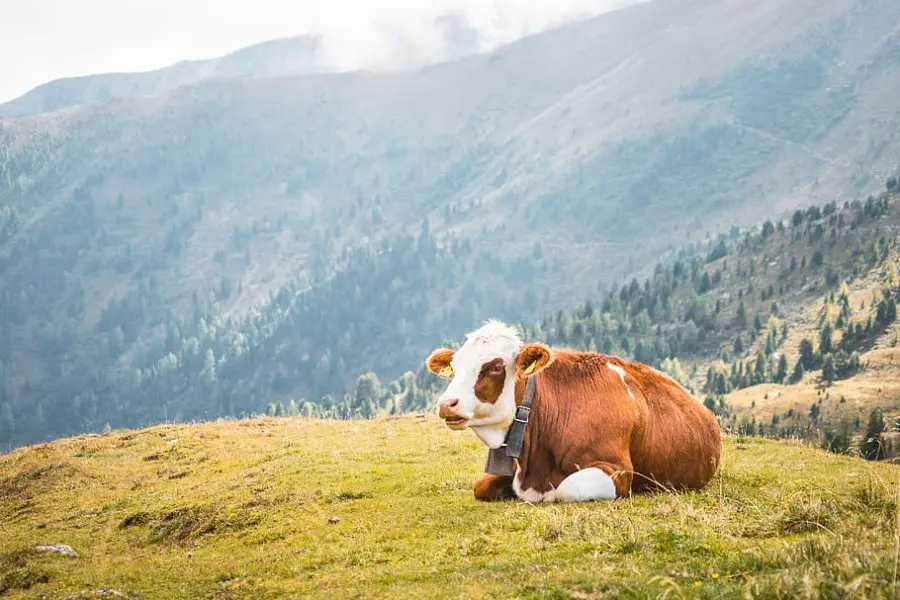
Alright, it’s time to bring it all back home, to you, the consumer. You know that phrase, “knowledge is power”?
Well, it’s especially true when it comes to ethical livestock practices. As consumers, we’re the ones who vote with our wallets and influence what kinds of practices get rewarded.
Knowing what goes on behind the scenes can empower us to make smarter, more ethical choices.
Interested in wielding that power wisely and taking some of that responsibility onto your own plate?
Let’s delve into how awareness can really be the game-changer in this whole ethical livestock scene.
Role of Labels and Certifications
Ever stand in the grocery aisle squinting at labels like “organic,” “free-range,” or “grass-fed” and wonder what they actually mean?
You’re not alone. Labels and certifications serve as a quick guide to what you’re actually buying.
But here’s the kicker: not all labels are created equal. Some have strict standards behind them, while others are more like window dressing.
The more you know about what these labels mean, the better choices you can make.
It’s akin to reading nutritional facts before you dive into a snack. You want to know what you’re putting into your body, right?
The Power of Consumer Choices: Your Dollar Is Your Vote
Okay, let’s talk about the big influence you wield every time you go shopping.
When you choose to buy products that are ethically raised, you’re essentially casting a vote for that kind of practice.
Your hard-earned money sends a message to producers about what matters to you, pushing the industry toward more ethical practices over time.
Imagine if everyone started buying electric cars; automakers would shift their focus to electric vehicles real quick!
The same principle applies to livestock products. By consistently choosing ethical over unethical, you help shape the market and push it in a direction that aligns with your values.
So, there you have it. You’re not just a bystander in this ethical livestock story.
You’re a key player, armed with the power to guide the industry just by being a savvy, informed consumer. How’s that for responsibility?
The Benefits of Ethical Animal Farming FAQs
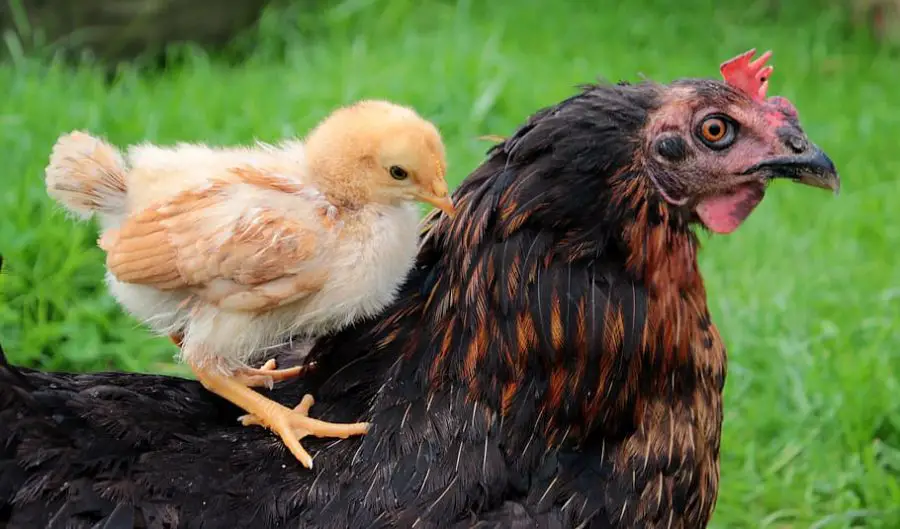
You’ve got questions, we’ve got answers! Let’s be real, any topic as big as ethical livestock practices is bound to stir up a bunch of queries, some straightforward and others a bit more complex.
So, we’ve set up this handy FAQ section to tackle some of the most common questions people have about the subject.
Whether you’re scratching your head over the meaning of “pasture-raised” or wondering how ethical farming impacts your grocery bill, chances are we’ve got the answers you’re looking for.
Let’s dive into the Q&A pool, shall we?
Q: Why is ethical treatment of animals important?
A: Ethical treatment of animals isn’t just a matter of being nice; it’s a multi-layered issue that touches on animal welfare, human health, and environmental sustainability.
Treating animals well can lead to healthier livestock, which in turn minimizes the spread of diseases and reduces the need for antibiotics.
On a broader level, it can also promote more sustainable farming practices that are better for the planet. It’s a bit like the ripple effect, do good in one area, and that goodness spreads outwards.
Q: What are the benefits of the livestock industry?
A: The livestock industry is more than just a provider of meat, milk, and eggs.
It plays a pivotal role in agriculture, often providing essential organic matter for soil through manure.
Livestock farming also contributes to local economies, offering employment opportunities and even potential for eco-tourism.
Think of it as a cornerstone that supports multiple facets of our society.
Q: What are the 3 main ethical principles of animal welfare?
A: The big three ethical principles usually boil down to:
1) Providing adequate food and water, ensuring animals receive the nutrients they need to be healthy;
2) Providing appropriate living conditions, which means enough space to move, clean surroundings, and proper shelter.
3) Ensuring humane treatment, which includes ethical slaughtering practices and medical care. It’s all about creating an environment where animals can live as stress-free a life as possible.
Q: What are three benefits we can get from livestock?
A: Aside from the obvious like meat, milk, and eggs, livestock offer a bunch of other benefits.
Manure from animals can be an excellent organic fertilizer, enriching the soil and reducing the need for chemical fertilizers.
Livestock can also serve as natural “lawnmowers,” helping to manage plant growth in pasture lands which, in turn, can reduce fire hazards.
Lastly, on farms that practice rotational grazing, livestock can even contribute to soil regeneration, acting as a natural part of the ecosystem.
So yeah, they offer a lot more than just a juicy steak!
Ethical Animal Farming Conclusion
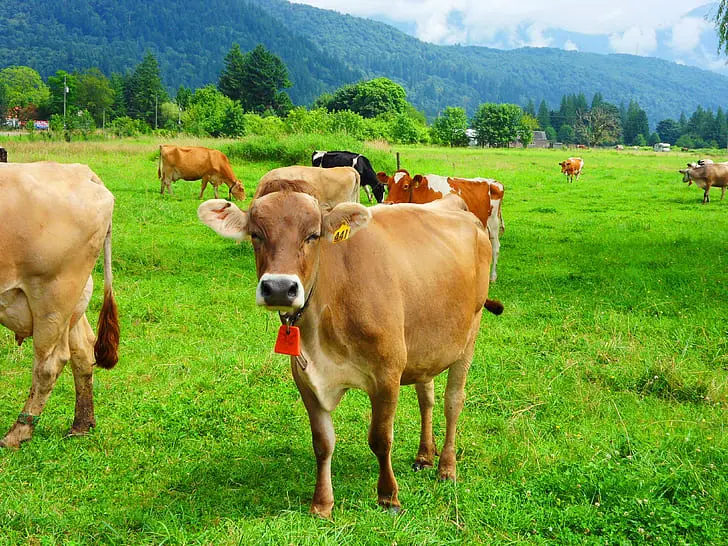
Well, we’ve covered a lot of ground, haven’t we? From why ethics matter in livestock farming to the very real benefits for public health and the environment, it’s clear that this topic is anything but one-dimensional.
In this wrap-up, we’ll revisit some of the key takeaways and give you some final food for thought (pun totally intended).
So, let’s put a bow on this conversation and look at how we can all be part of the change for the better. Ready to wrap things up? Let’s do it!
Recap of the Benefits Discussed
We’ve ventured into quite a few corners of this broad topic, haven’t we? So, let’s do a quick recap:
Animal Welfare: We talked about how proper care for animals leads to healthier livestock, reduced stress, and ultimately a better quality of life for our four-legged friends.
It’s akin to how you’d feel if you got a good night’s sleep versus tossing and turning all night—better conditions lead to happier, healthier lives.
Environmental Impact: This was a biggie. Ethical practices reduce our carbon footprint and are far less damaging to ecosystems.
Remember the part about swapping out plastic bags for reusable totes? It’s that, but on a much bigger and impactful scale.
Economic Advantages: From fetching premium prices for ethical products to even lowering costs in the long haul (fewer antibiotics needed, remember?), ethical livestock practices have solid financial benefits. It’s not just about spending more; it’s about spending smarter.
Public Health: Last but definitely not least, treating animals well reduces the risk of zoonotic diseases and antibiotic resistance.
Think of it as an investment in your own health, like eating veggies or taking your daily vitamins.
Call to Action
Alright, now that you’re all filled in, what’s next? It’s simple: take action. You don’t need to be a farmer to make a difference.
Your choices as a consumer have power. Consider buying products with ethical labels, and maybe even visit a local farm to see these practices in action.
Talk about it with friends and family; awareness is the first step toward change.
Like they say, change starts with you. So go ahead, and cast your vote for a more ethical and sustainable world one purchase at a time.
Additional Resources
Hungry for more info? You’re in luck! There’s a wealth of resources out there to further your knowledge on ethical livestock practices. From page-turners to eye-opening documentaries, here’s a shortlist to keep your curiosity satisfied.
Books
“Eating Animals” by Jonathan Safran Foer: A thought-provoking dive into the ethics of eating meat.
“The Omnivore’s Dilemma” by Michael Pollan: This book explores various food production systems, including ethical livestock farming.
Links to Farms or Organizations
Certified Humane: A nonprofit organization that certifies products from animals that have been treated ethically. Website
Polyface Farms: A Virginia-based farm known for its sustainable and ethical farming practices. Website
Animal Welfare Approved: This organization audits and certifies family farms that use high-welfare methods. Website
Feel free to dive in and expand your understanding of this crucial issue. The more you know, the more power you have to make informed choices. Happy exploring!



